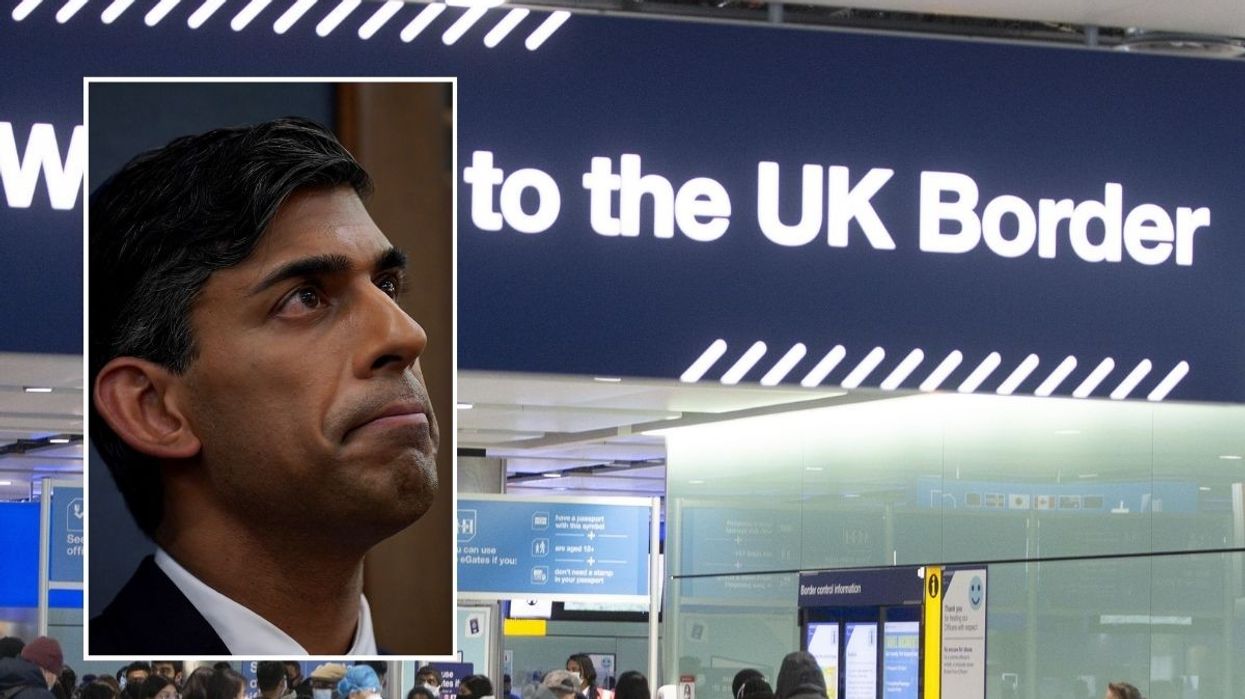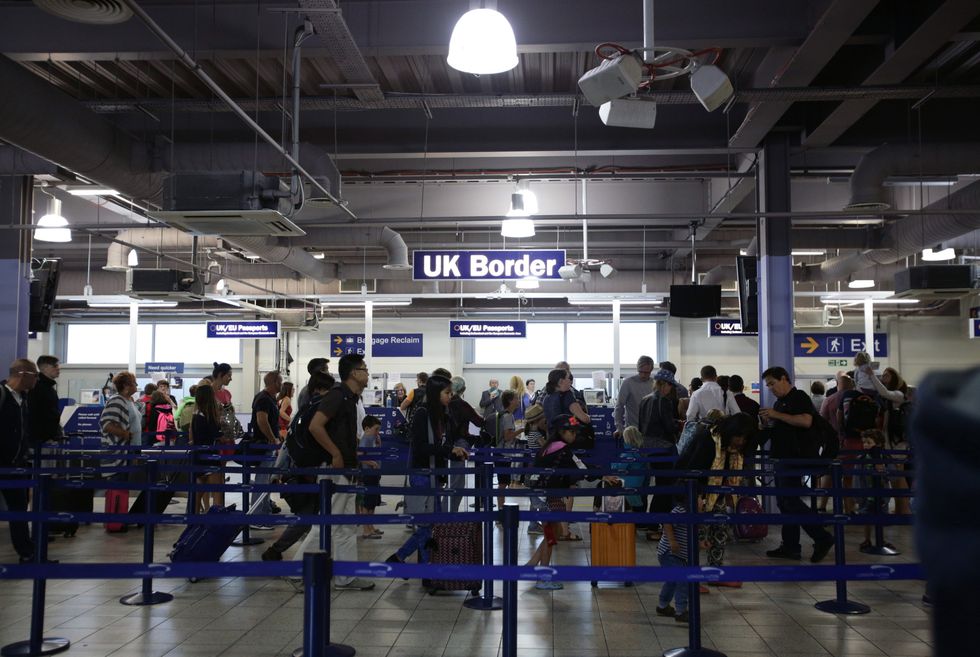Brexit migration failure: Net arrivals to Britain to stay HIGHER than before leaving EU for years

Net migration numbers are unlikely to drop below their pre-Brexit levels until the next decade
|PA

It will be at least 2030 before net migration starts to reduce according to a new study
Don't Miss
Most Read
Latest
Britain's net migration is set to take years to fall below its pre-Brexit levels, with higher numbers expected until at least the end of the decade.
Forecasts by the Migration Observatory at the University of Oxford and the London School of Economics (LSE) suggest that the figure will remain at around 250,000 to 350,000 a year for the foreseeable future.
Professor of economics at LSE Alan Manning, who co-authored the new report, said: "Nobody can predict exactly what will happen to net migration, but we can set out some realistic scenarios.
"And most plausible scenarios involve net migration falling in the coming years.
WATCH: Warning dire migration forecasts may be 'optimistic'
"But many different factors affect the outlook, including what share of international students switch to long-term work visas, whether work visa numbers continue to increase as sharply as they have done in the past few years, and what happens to asylum applications.
"The unpredictability means it’s very hard for policymakers to guarantee that they will deliver a specific level of net migration."
The forecast comes after ministers came under pressure over net migration's record high in 2022.
The Office for National Statistics said there were 606,000 net arrivals last year, with the figure being dragged up in part due to refugees from Ukraine and those entering Britain under Hong Kong resettlement schemes.

The number of arrivals was at a record level last year
|PA
Official figures were up by 24 per cent on the year before.
Rishi Sunak admitted in May that migration numbers were "too high", adding: "I want to bring them down."
For years the Conservatives have promised to reduce new migration levels, with David Cameron promising when he was in No10 to reduce the figure to "tens of thousands" a year.
While the pledge was ditched in the 2019 general election, the Conservative manifesto promised that the "overall numbers will come down".
The new research published today found that one of the reasons for the continued higher net migration levels is due to the number of work-specific visas being issued by the Government.
Madeleine Sumption, director of the Migration Observatory, said: "One of the striking findings is that if current trends continue, work visas look set to be the largest factor shaping overall net migration by some distance.
"Work-related migration has mostly been driven by health and care.
"So future migration patterns will be particularly sensitive to developments in that sector."










